Biologist and natural history author Danielle Clode discusses the fascinating evolution of an animal loved the world over, and how the species is fighting for survival.
Read more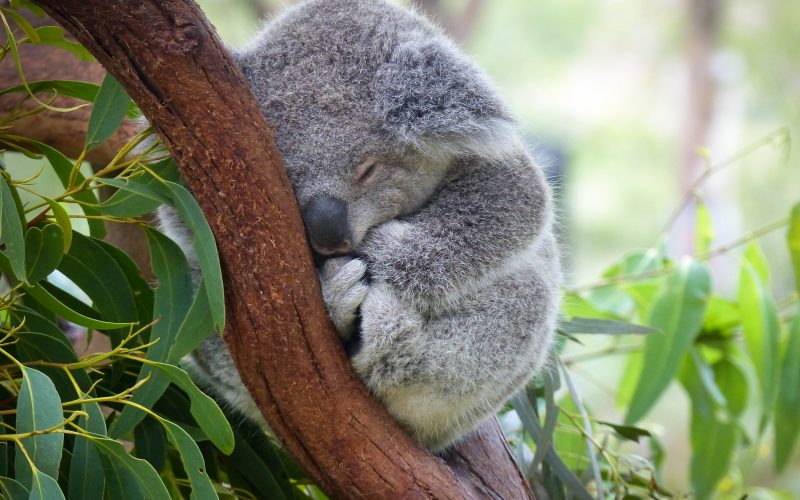


Biologist and natural history author Danielle Clode discusses the fascinating evolution of an animal loved the world over, and how the species is fighting for survival.
Read more
Tom Standage, an editor at The Economist, discusses the top 10 issues the magazine predicts will make the biggest headlines this year.
Read more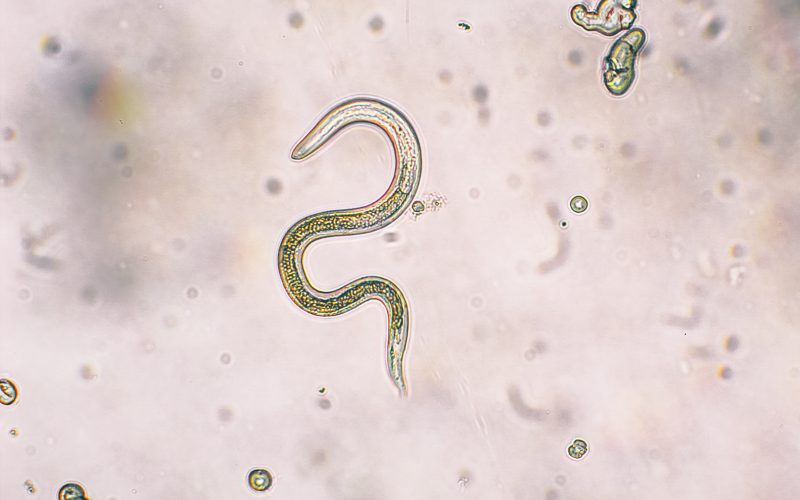
Scott L. Gardner, professor of biological sciences, joins us to discuss parasitology around the world and how these tiny creatures offer insight to the evolutionary history of regions.
Read more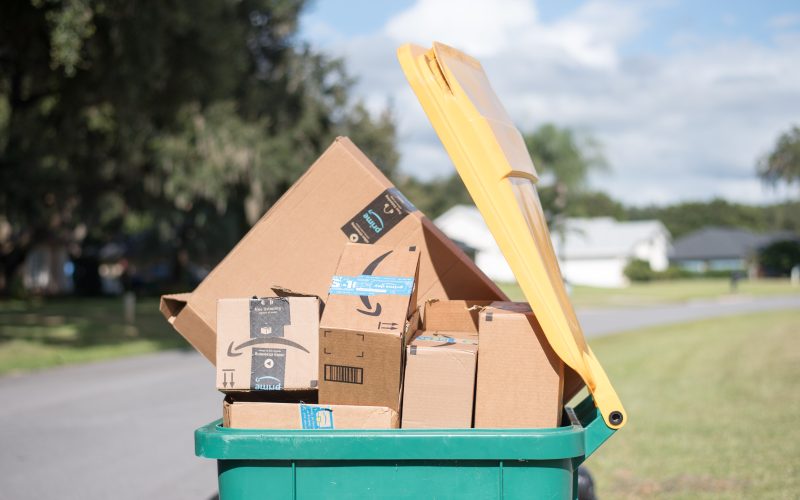
Matthew Shaer from The New York Times Magazine discusses where cardboard comes from, how supply can barely keep up with demand, and why the industry is recession-proof.
Read more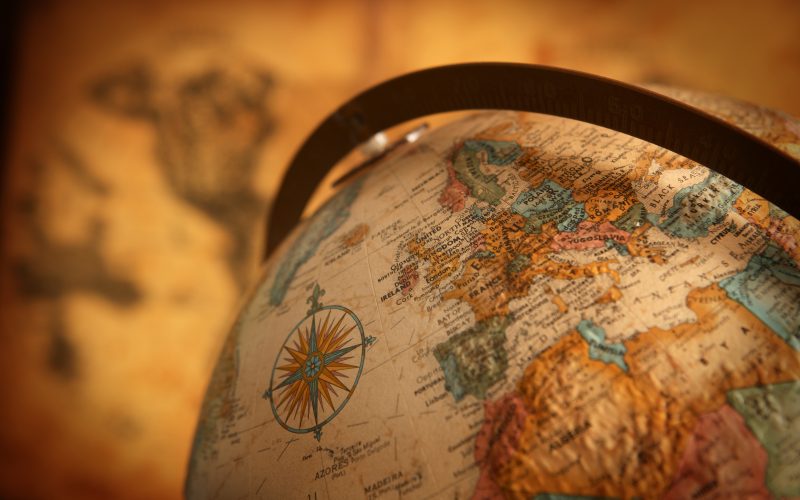
Associate professor Daniel Immerwahr talks about why map reading is key to understanding hot spots around the globe and how topography is related to history.
Read more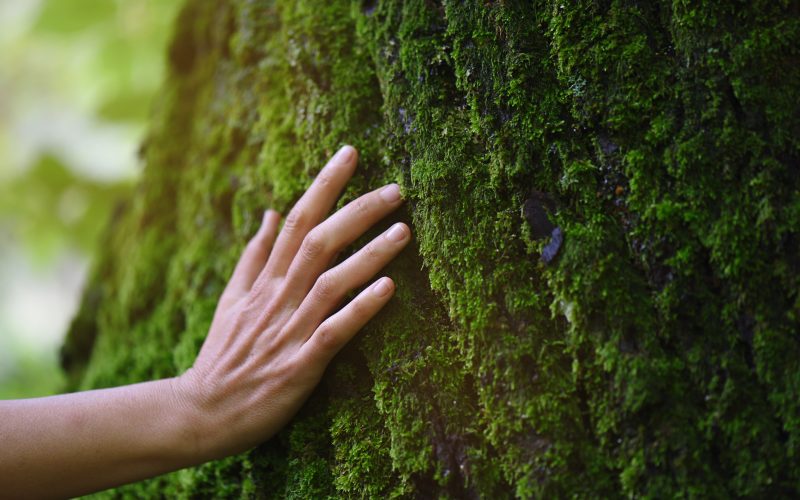
Nikita Arora talks about how long walks touching the moss growing at her feet reconnected her with her sense of being, and how touch can be used as a way of connection – and sometimes oppression.
Read more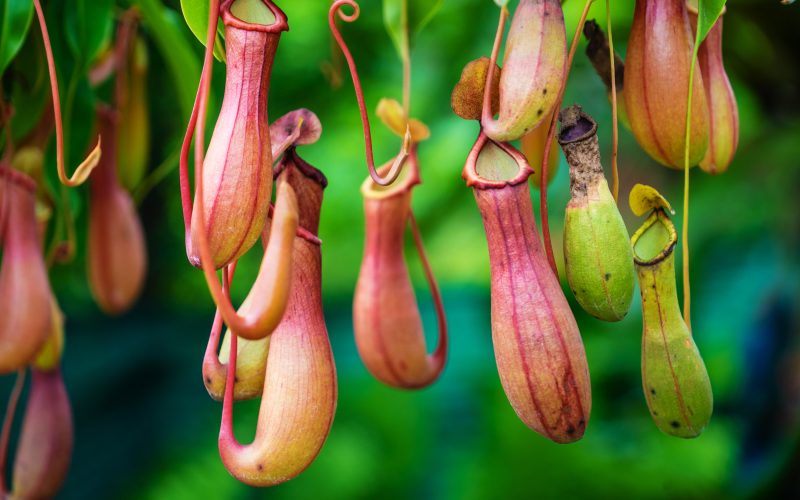
Wired contributor Brian Howey talks about the bug-eating nepenthes family of plants, the growers who can build their whole worlds around collecting these specimens, and how they sometimes run afoul of the U.S. Fish and Wildlife Service.
Read more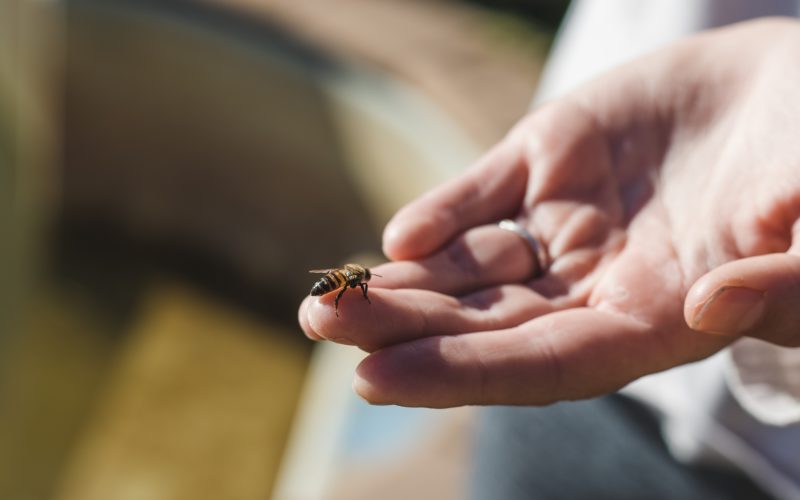
Host Krys Boyd talks with behavioral ecologists about wasps and bees, and a professor of animal sentience about flies to explore all the wonderful ways their tiny minds work.
Read more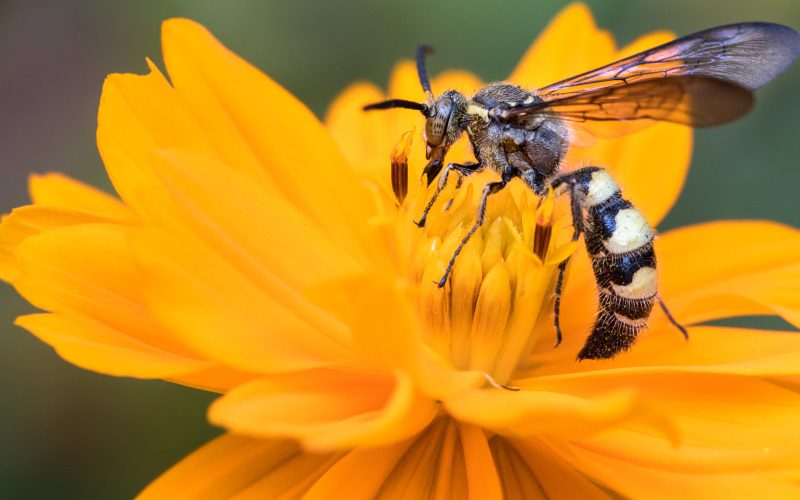
Professor Seirian Sumner discusses the wild world of wasps, which she says have an undeserved reputation as nature’s bad guys.
Read more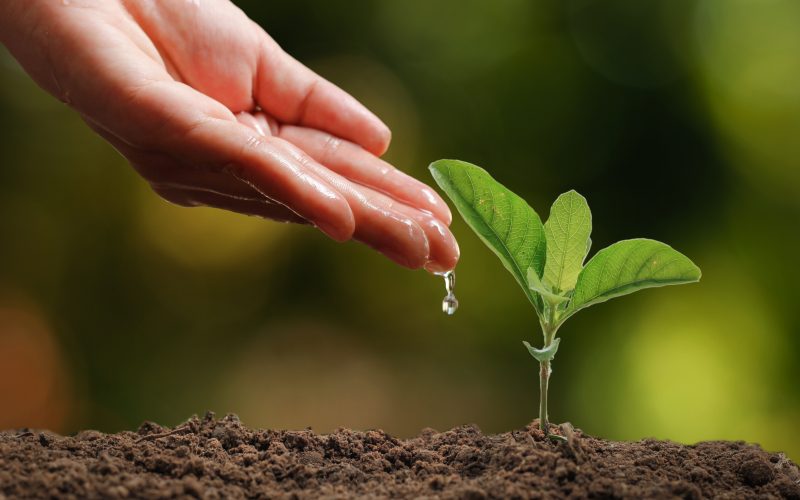
Journalist Emma Marris talks about how preserving nature requires businesses and conservationists to better understand one another’s needs.
Read more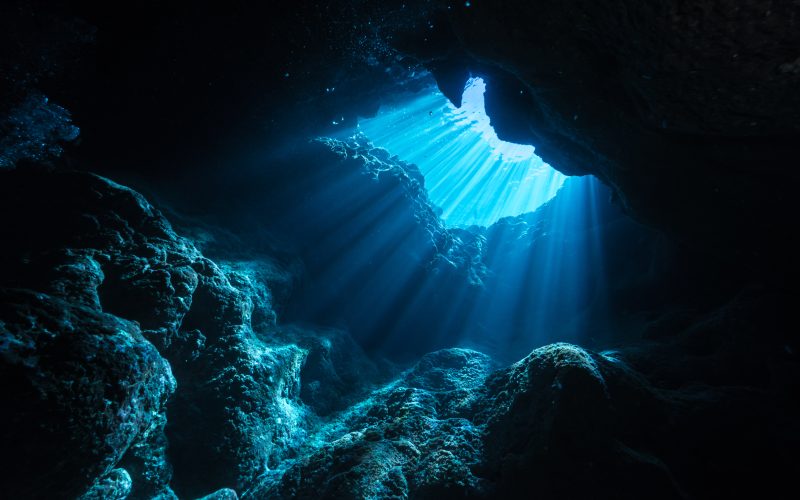
Scientific American senior editor Mark Fischetti discusses the science emerging from below the surface, from bioluminescence to the potentially life-saving drugs being discovered from the chemical defenses of sea creatures.
Read more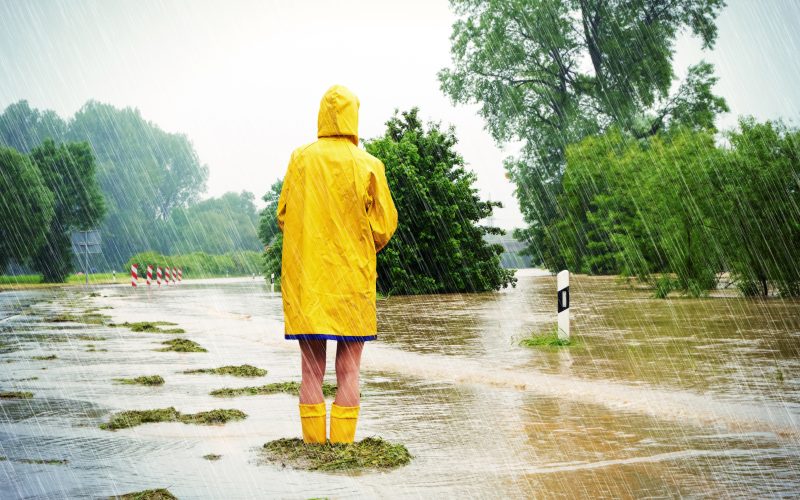
Think broadcasts today from the studios of WWNO in New Orleans. Erica Gies discusses the Slow Water movement, an idea that pushes back on methods that speed water away so that floods and droughts find natural systems that work with today’s infrastructure needs.
Read more